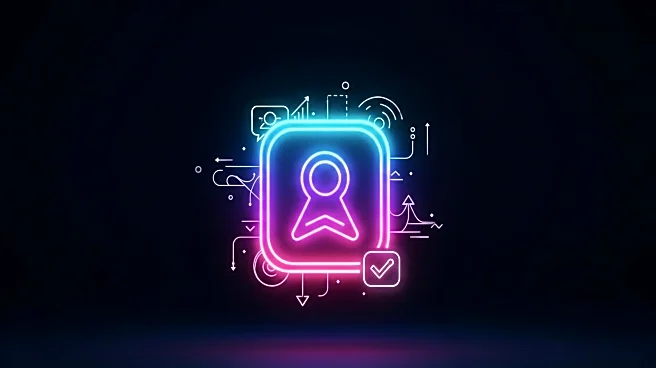What's Happening?
Neon, an app that pays users to record and share their audio calls for AI training, has rapidly climbed the App Store rankings, becoming the second most downloaded social app. The app compensates users $0.15 per minute for calls to non-Neon users and $0.30 per minute for calls to other Neon users, with potential earnings of up to $30 per day. Neon anonymizes the call data and sells it to AI companies for training purposes. Despite its success, the app has raised privacy concerns, as it records calls made through the app and may record both sides if both parties use Neon.
Why It's Important?
Neon's success underscores the increasing demand for authentic voice data to enhance AI models, which could lead to improved AI voice assistants. However, the app's approach to data collection and privacy raises ethical and legal questions, particularly regarding consent and data security. As more companies explore similar models, there could be significant implications for data privacy laws and user expectations. The app's popularity may drive innovation in AI training but also necessitate stricter privacy regulations to protect user data.
What's Next?
Neon may face legal challenges and scrutiny from privacy advocates as it continues to gain popularity. The app's handling of consent and data privacy could lead to regulatory action, especially in states with strict recording laws. Users and regulators may demand clearer privacy policies and stronger protections for personal information. The app's success could inspire competitors to develop similar services, potentially leading to broader discussions on the ethics of monetizing personal data for AI training.
Beyond the Headlines
The ethical implications of monetizing personal data for AI training are significant. While users are compensated for their data, the long-term impact of widespread data sharing could include reduced privacy and increased surveillance. Neon's model challenges traditional notions of data ownership and consent, potentially reshaping how individuals interact with technology and their expectations of privacy. As AI technology advances, society may need to reconsider the balance between innovation and privacy protection.









